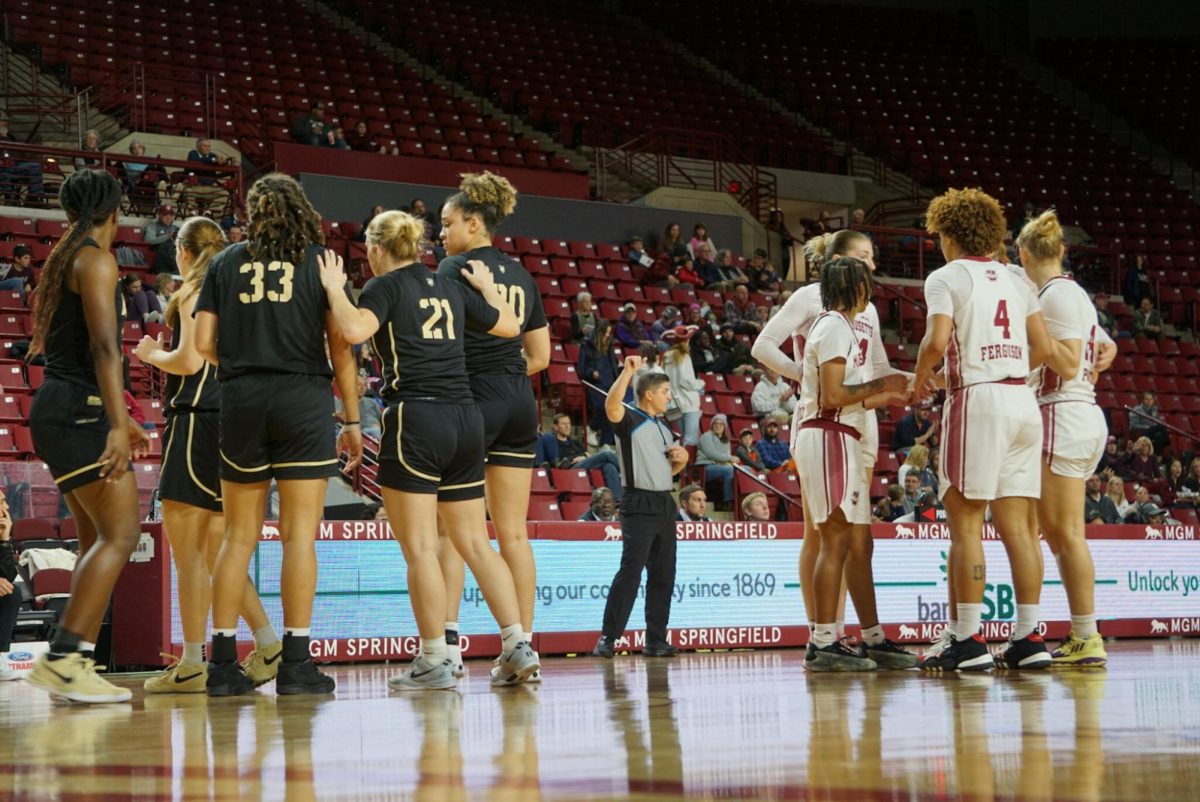
It is known that rates of incarceration in the US have spiked, while crime rates have gone down. It is just as important, however, to consider the changes in reentry after incarceration.
Neoliberalism, defined by David Harvey, in his book, “A Brief History of Neoliberalism,” “is in the first instance a theory of political economic practices that proposes that human well-being can best be advanced by liberating individual entrepreneurial freedoms and skills within an institutional framework characterized by private property rights, free markets, and free trade.”
Since the popularization of neoliberalism in the 1970s, many prisons have been privatized. The advent of solitary confinement has proven that torture within prisons is alive and well. Filling prisons has become profitable not only for the private companies that own prisons, but also the U.S. government.
“In arrangements reminiscent of the convict lease system, federal, state, and county governments pay private companies a fee for each inmate, which means that private companies have a stake in retaining prisoners as long as possible, and in keeping their facilities filled,” writes Angela Davis in her book, “Are Prisons Obsolete?”
Davis exposes the roots of the modern prison system to slavery and the convict leasing system.
There are now more people re-entering society from prisons than ever before, over 700,000 per year according to Michael Hallett. But the programs that previously aided people in this transition are no longer available or are much harder to access. As a result these people are being released into the poverty that aided their entry in the first place.
“Work, social welfare, and family support used to be the means whereby ex-prisoners were reintegrated into mainstream society. With the decline of these resources, imprisonment has become a longer term assignment from which individuals have little prospect of returning to an unsupervised freedom,” David Garland writes in “The Culture of Control.”
The 1996 welfare reforms abolished the Aid to Families with Dependent Children and created Transitional Assistance for Needy Families with a 5 year limit. A.W. Gaffney said the Affordable Care Act “fundamentally leaves intact a system of health care predicated, as we shall see, on key neoliberal health care beliefs, for instance the ‘moral hazard’ of free care, the primacy of health consumerism, and the essentiality of the private health insurance industry.” Released offenders face housing and employment discrimination because employers and landlords have no incentive to choose these individuals who are forced to disclose their previous incarceration.
Additionally, parole officers, whose role was once to aid those reentering society in securing jobs and finding housing, now serve to police these individuals, causing more and more people to get stuck in a cycle of incarceration and poverty.
As Justin Wolfers, David Leonhardt, and Kevin Quealy write, “For every 100 black women not in jail, there are only 83 black men. The remaining men – 1.5 million of them – are, in a sense, missing.” Ferguson, Missouri, where Darren Wilson killed Michael Brown, has the single largest gap with 40 missing black men for every 100 black women.
We must ask what impact this has on the voting population. Mass incarceration of people of color, especially black men, is the latest reincarnation of attempts to exclude non-white people from voting. Black women are the most rapidly increasing prison population. Transgender people are heavily policed and abused in prisons. In many states, these individuals won’t be allowed to vote – in some, they won’t ever be able to vote again. In other states, they won’t be allowed welfare or public housing. It is purposeful that this leads to being incarcerated again. By neglecting the needs and intentionally putting barriers in the way of previously incarcerated people, the prison industrial complex perpetuates its own growth.
The prison industrial complex perpetuates itself by nearly guaranteeing that those who have previously been incarcerated will be again. Neoliberalism depletes public resources and treats poverty as an individual rather than a systemic problem. Neoliberal politics relegate impoverished populations to prisons through diminished government programs and to an economy based on a free market that remains out of reach.
Aviva Richardson is a Collegian contributor and can be reached at [email protected].

















